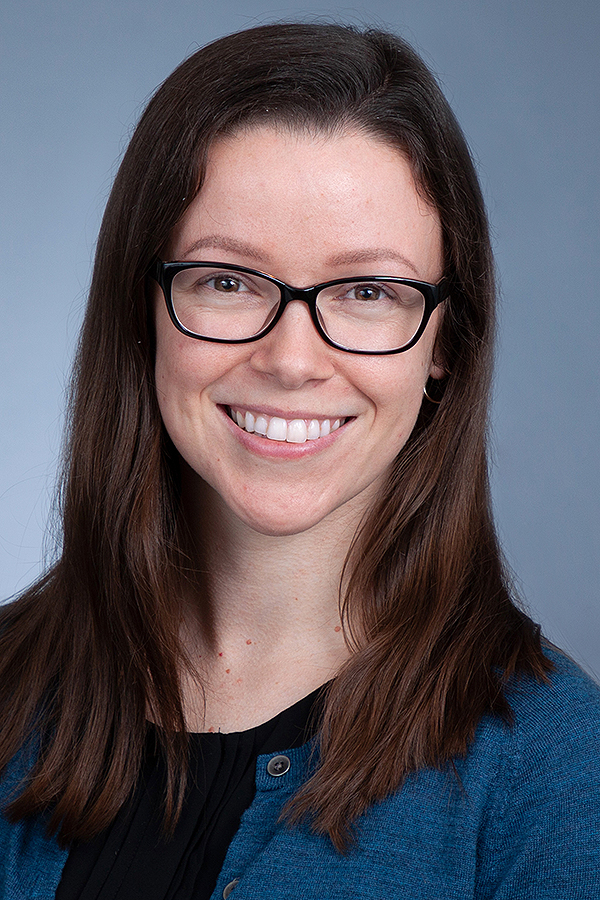
Cancer impacts nearly everyone, from those who are diagnosed to those who love and care for them. Breast cancer is one of the most common cancer types diagnosed, affecting 1 in 8 women in the United States. Although the incidence of breast cancer has slowly increased over time, fewer people are dying from it thanks to earlier detection and more effective treatments.
Most breast cancers occur sporadically due to factors like aging, hormonal changes and lifestyle habits. But about 10% of breast cancer cases are due to having an inherited risk. This means that some people are born with a gene mutation in their DNA that puts them at a higher-than-average risk of developing breast cancer. People with inherited breast cancer risk are often diagnosed at younger ages, may develop multiple primary breast cancers in their lifetime, and may also have increased risks for cancers in other organs.
The BRCA1 and BRCA2 genes are the most well-known examples of genes linked to hereditary breast cancer. It is worth emphasizing that everyone has these genes in their DNA, and their function in the body is to help protect against cancer. In fact, they are called “tumor suppressor” genes. If a mutation is present, then the gene cannot function properly to protect from cancer. Mutations in BRCA1 and BRCA2 are linked to higher risks of not only breast cancer in women, but also breast cancer in men, ovarian cancer, pancreatic cancer, prostate cancer and melanoma.
While BRCA1 and BRCA2 are the most common mutated genes in people with hereditary breast cancer risk, there are many others, including ATM, PALB2 and CHEK2. Each gene varies in its level of breast cancer risk. It is recommended for women with a mutation in a high-risk gene like BRCA to begin breast screening as early as age 25, and even to consider having risk-reducing mastectomies. For moderate-risk genes like CHEK2, the screening and surgical recommendations are more tailored to the severity of the family history of breast cancer. Men with a higher risk of breast cancer should also be more vigilant, including undergoing clinical breast exams and even mammograms in some cases.
Genetic testing for cancer risk is not only beneficial for people who have not yet had a cancer diagnosis, it has also become instrumental once breast cancer has been detected. Many patients and their doctors use genetic test results to help determine the ideal surgery plan. Because having a gene mutation may increase the risk of another breast cancer occurring later, double mastectomies may be preferable to reduce that chance. In addition, certain targeted drug therapies may be used for people who have advanced-stage breast cancer and certain gene mutations.
Currently, expert guidelines do not recommend genetic testing for everyone since most breast cancer cases are not hereditary. You should speak with your health care provider about meeting with a genetic counselor if you or your family have any of the following:
- Diagnosis at age 50 or younger
- Male breast cancer
- Multiple primary breast cancers
- Triple-negative breast cancer
- Ashkenazi Jewish ancestry
- A combination of breast, ovarian, pancreatic and/or prostate cancer in multiple relatives
Whether you are at average risk of breast cancer or high risk due to genetic status, family history, breast density or other factors, it is important to know what that risk is and receive care accordingly. While this can sometimes feel overwhelming, there is comfort in knowing you can take action to help give yourself the best possible outcomes.
Learn more about the Northside Hospital Cancer Institute Cancer Genetics Program.

